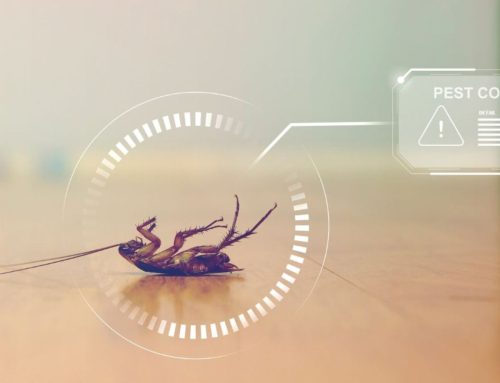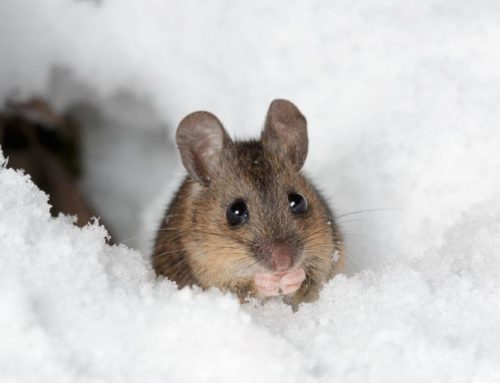August is peak season for wasp nest activity. As colonies reach full strength and natural food sources dwindle, these stinging insects become more aggressive, persistent, and likely to invade your outdoor spaces. Whether you’re hosting a backyard barbecue or working in the yard, it’s important to understand what attracts wasps and how to protect yourself.
Wasp Warnings: Why August Is Prime Time for Aggressive Nests
Why Wasp Activity Peaks in Late Summer
August isn’t just another summer month; it’s a turning point for worker wasps. Early in the season, their job is to build the nest and feed the larvae. But as egg-laying slows and larval numbers drop, workers must forage more aggressively to sustain the colony.
When you see wasps hovering near your patio or drink, they’re not just curious – they’re hungry. With fewer larval secretions (their natural source of sugar), adult wasps are drawn to sugary drinks, ripe fruit, and anything sweet or sticky. Identifying the type of wasp can help you stay safer, since some species are more territorial than others.
Wasp Nest Warnings: Know the Signs and Locations
One of the most important safety steps in late summer is learning how to recognize and respond to wasp nest warnings. By August, nests are large, active, and often hidden in high-traffic or hard-to-reach spots.
Some common nest locations include:
- Under eaves and gutters
- Behind shutters or siding
- Inside sheds, garages, or attics
- Underground burrows or rodent holes
- Trees or shrubs near walkways
Recognizing the nest type helps identify the species:
- Paper wasps build umbrella-shaped nests with exposed cells on horizontal surfaces.
- Hornets construct enclosed, football-shaped nests, often high in trees.
- Yellowjackets nest underground or in wall voids, making them difficult to detect until disturbed.
Preventing Stings and Nest Formation
During summer and early fall, wasps become increasingly territorial. If you’ve seen them around your yard, especially in multiples, it could signal a nearby nest. Taking a few smart steps can minimize the risk of stings and infestations.
To discourage wasps from nesting or swarming:
- Clean up food waste and dispose of trash quickly
- Keep lids tightly sealed on garbage bins
- Rinse recyclables thoroughly before storage
- Avoid leaving pet food outdoors
- Cover all food and drink when eating outside
If you need to remove a nest, timing matters. The safest time is early morning or late evening when activity is lower. If the nest is large or in a high-traffic area, call a local pest control company. DIY wasp nest removal can be dangerous, especially with aggressive species.
Stay Safe Around Nests and Foraging Wasps
If you suspect a nest is forming or you see wasps hovering around, it’s crucial to stay alert and dress properly. Always wear protective clothing when inspecting areas where nests might be hidden, especially rooflines, decks, and storage sheds.
Avoid swatting at wasps, as aggressive gestures can provoke attacks. If you must pass through an area with high wasp traffic, move calmly and deliberately. Keep in mind that some species are more aggressive than others and more likely to defend their nest by stinging multiple times.
In late summer, some queens may still lay eggs, continuing to expand the colony before fall sets in. This late-season activity contributes to the high number of wasp nests in August and even into September.
Nest Types and Species: What You Should Know
There isn’t just one kind of wasp or one kind of nest. Understanding the type of wasp around your property helps you choose the right prevention and control method.
Some differences include:
- Paper wasps: Build small umbrella-shaped nests and are moderately aggressive
- Hornets: Create large aerial nests and are very territorial
- Yellow jackets: Nest in the ground or walls and can attack in large numbers
Each species varies in appearance, behavior, and preferred natural food sources. While some are more likely to be found around wood and plant material, others zero in on human leftovers like meat or sugary drinks.
Wasp Nest Warnings: Stay Alert and Act Early
When it comes to wasp nest warnings, early detection and safe removal are key. By late summer, these insects are at their most aggressive. Avoiding triggers and reducing food temptations can make your outdoor time safer for everyone.
If you spot nests on your eaves, notice wasps circling your deck, or see signs of nests on your property, act quickly. DIY methods can be dangerous without the proper tools or knowledge. Professional help ensures the nest is removed safely and effectively.
Don’t wait until it’s too late. Stay informed, stay protected, and keep your summer sting-free.
Hire a Professional – ABC Termite & Pest Control Company – Omaha & Lincoln
If you’re concerned about pest infestations or want a professional to evaluate your home’s pest prevention strategies, don’t hesitate to reach out to a local Nebraska pest control expert.
Find a reputable pest control company in Omaha or Lincoln that you TRUST. Ask about their termite inspection and pest management services. You may think you are saving money; however, a single misapplication could have significant and adverse or deadly consequences for you or your loved ones. Contact ABC Termite & Pest Control in Omaha & Lincoln, NE to talk with an exterminator today!






